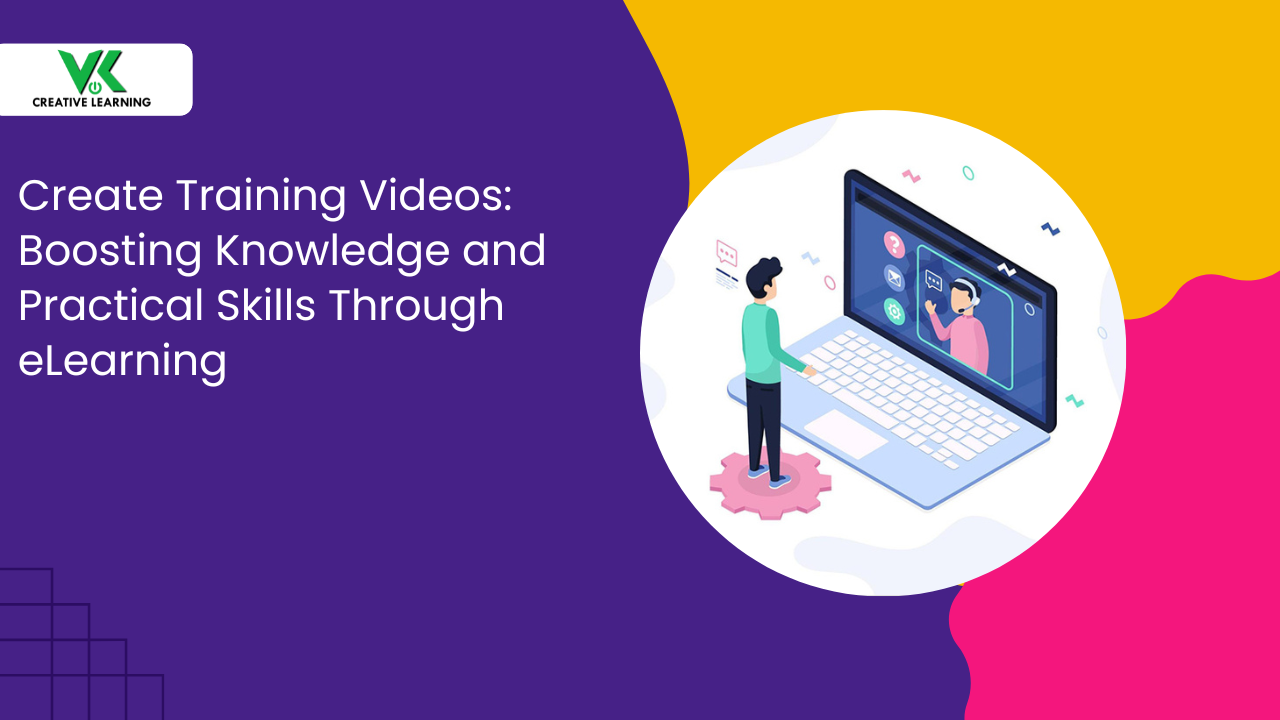Can Nudge Theory Maximize Learning and Remembering Capabilities?
December 14, 2021
The major goal of an organization's training program is to motivate workers to learn about the newest technology or sophisticated knowledge regarding the introduction of new industrial processes. However, the strategy might backfire if the training program's material isn't engaging enough to hold the learner's attention.
Many research studies and researchers have repeatedly said that unless learners perceive the learning material as engaging and instructive, learning will not become a habitual behavior for them. This is where fine-tuning is required. The fine-tuning can be brought about by implementing the Nudge theory concept in the eLearning platform.
About Nudge theory and how is it different?
Nudge Theory is a well-known and powerful mind-based practice that focuses on positive reinforcement and indirect recommendations to assist learners in remembering what they've learned.
Nudge Theory, developed by Richard Thaler and Cass Sunstein in 2008 and employed in eLearning platforms, not only aids memory retention but also helps learners alter their behavior and decision-making abilities.
The Nudge Theory differs from other learning approaches in that it encourages students to think about the principles they've been taught on a regular basis.
Nudge Theory in Practice
Supposedly, trainees must be taught certain vital characteristics of the operation of a newly acquired machine or equipment. In this scenario, our eLearning solution is created in such a way that it sends periodical reminders to the learners at various intervals, requiring them to recall at least two aspects of the equipment. This method encourages trainees to regularly review and recall the material given to them by the teacher. This is very beneficial to the organizations' learning goals.
The benefits of incorporating Nudge theory with e-learning solutions
The nicest thing about the Nudge Strategy is that it doesn't force students to memorize material. Instead, it clarifies the material for the students and encourages them to think about it even when they are occupied with other tasks.
This method of prodding students to recall knowledge even while they are preoccupied with other duties helps them retain the important details. Once the knowledge has been thoroughly embedded in the brain, it may be used in real-life situations.
Another intriguing feature of Nudge theory is that it can be tailored to a person's learning style, speed, and availability of time. Importantly, information is condensed and targeted to meet learning goals and provide a competitive advantage.
How may Nudge theory be used to make eLearning more attractive and effective?
Learners actively engage in the ongoing learning of new skills and information if used regularly and implemented properly. As a result, the eLearning solution turns out to be successful in achieving the learning goals. This may be accomplished by incorporating the notion of Nudge theory into eLearning solutions.
VK Creative Learning (VKCL), an established participant in the e-learning arena, employs the Nudge theory approach to assist learners to learn and retain topics in its e-learning solutions.




